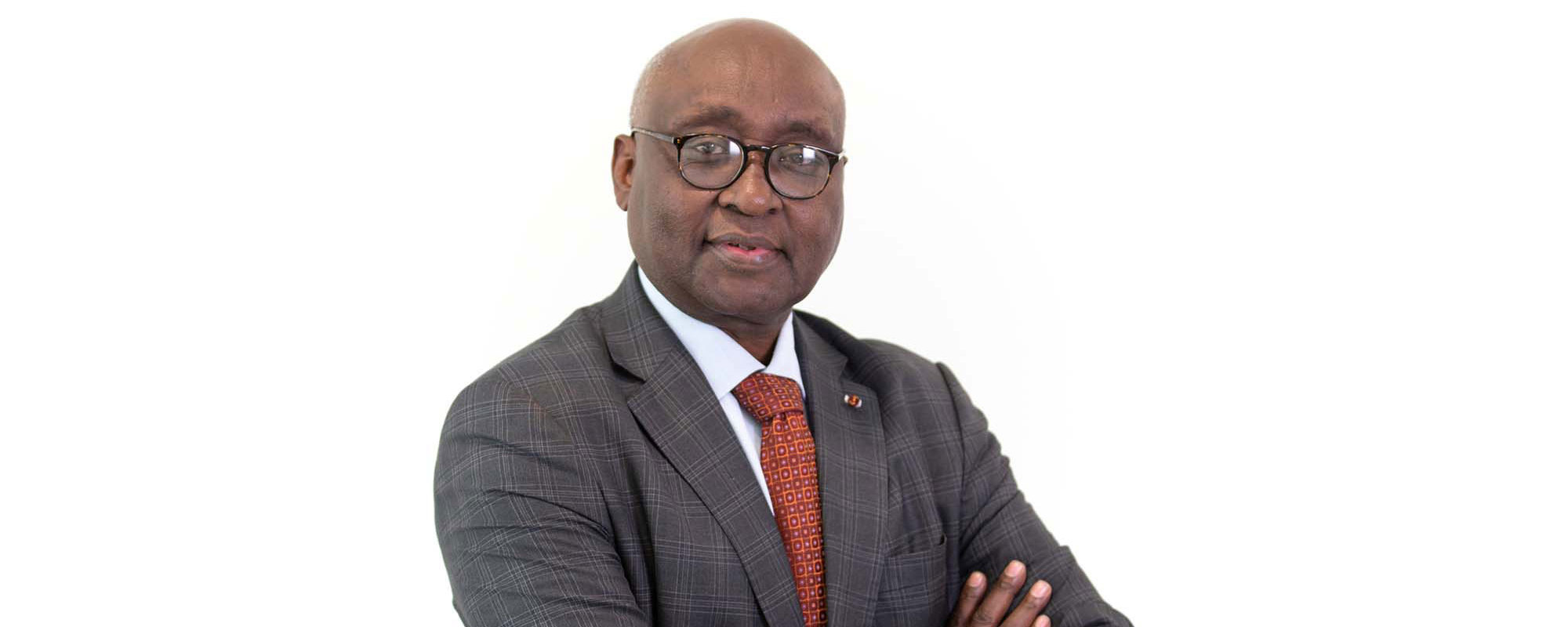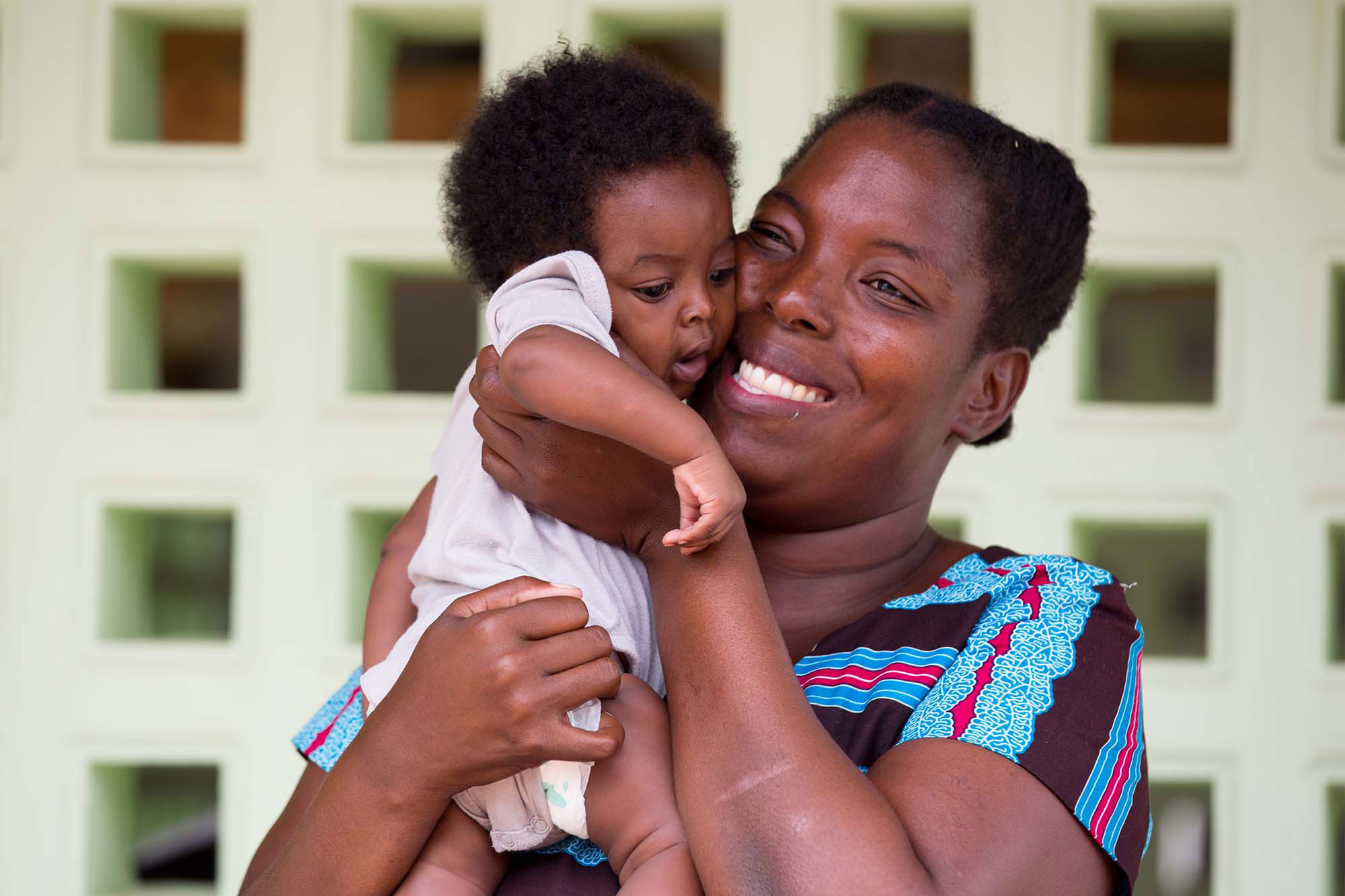

Dr. Donald Kaberuka “We can put an end to HIV-AIDS by 2030”
The Global Fund’s Seventh Replenishment Conference will be taking place on September 18 and 21 in New York. What are your expectations at this crucial point in time?
The Global Fund has been instrumental in reducing the burden of pandemics that have stunted Africa's development over the past 20 years. But after years of progress, the COVID-19 pandemic has resulted in some setbacks. We must get the upper hand back again. That is what is at stake at the Global Fund's Seventh Replenishment Conference to be hosted by U.S. President Joe Biden on September 18 and 21 in New York. We hope to raise at least $18 billion, a sum that should make it possible to reduce mortality from the three diseases (AIDS, tuberculosis and malaria) by 64% by 2026. With global inflation soaring, this is the bare minimum that is needed.
The role of African countries is key to achieving the goals of the Abuja Declaration. What do we need to do?
COVID-19 showed that there is a strong link between health and the economy, and we need to learn from that lesson. African countries need to allocate more resources to the health sector, but they must also optimize the use of those allocated resources. That means building strong health systems, spending efficiently, and ensuring equitable access to health care over time. African countries will need to meet their Abuja commitments by mobilizing more resources for the health sector.
Is it possible to imagine universal health coverage that would ensure optimal access to health services for vulnerable populations?
That is the goal of our work. The saying that none of us will be safe until all of us are safe should not be merely a slogan. The Global Fund has a strong track record of investing in resilient and sustainable health systems to achieve universal health coverage. It also acts as a catalyst for sustainable health funding, including through increased mobilization of domestic resources. And it addresses the human rights and gender-related barriers that prevent the poorest and most vulnerable from accessing health care.

A mother and child wait to be examined by staff at the Pescadores Health Center in Maputo, Mozambique, February 5, 2018. Mozambique continues to have a high burden of malaria affecting the poorest populations, especially in rural areas. Copyright: The Global Fund/Karin Schermbrucker
What lessons can we learn from the COVID 19 pandemic?
The pandemic has clearly demonstrated the need to give meaning to global health security by ensuring better preparedness and equity. The world has failed to achieve both preparedness and equity. We need better global cooperation, including at the regional level: from sharing health information to addressing global supply chains.
The COVID-19 pandemic laid bare the ineffectiveness of social safety nets in protecting vulnerable populations. This calls for new approaches to strengthening social safety nets and adapting our responses to fit the changing circumstances. And current investments must be used wisely to build a more resilient health system capable of withstanding shocks.
How can we restructure global health to make it more effective?
In both rich and poor countries, COVID-19 has been a major stress test not only for health systems, but also for governance and social structures. The first item on the agenda is to restore confidence, including in supply chains for things such as vaccines. Countries will now focus on safety and reliability.
We need to rethink the current health structure based on the lessons learned from the COVID-19 pandemic. This will involve reducing the fragmentation of the global health institutional landscape as well as strengthening coordination and collaboration across the architecture of global health to address future shocks.
The future architecture of global health must promote innovative approaches to help countries provide integrated health and development solutions. These must include expanding support for drug and vaccine manufacturing through regional initiatives such as the African Medicines Agency (AMA) and the African Centre for Disease Control and Prevention (CDC Africa).
This interview first appeared in Jeune Afrique.







